Ceramics
Code: C1015-22
-
O
Open to All
Students of any skill and knowledge level.
Pinch-forming: A Mindful Approach
Aug 8 - 19, 2022
9AM-5PM
Concept
Students learn how to move beyond the usual threshold of the 3- to 5-inch pinch-formed bowl by focusing on the movement of the clay upward and around the expanding clay form. The vessel becomes a byproduct of the process of growing and expanding a form from one piece of clay without addition or subtraction, being mindful of transitions in the forming process. Students begin by gaining fluency with cylindrical, bowl and vase forms and refining these objects during the various stages of the clay-hardening process. Students then move on to learn how to competently move clay using only their hands as well as develop an understanding of how to strategically reserve clay to create relief designs and patterns that emerge from the pinch-formed vessel.
Media & Techniques
Hand-building, pinch technique, stoneware, glazes, gas reduction fire to cone 10
Supply ListFaculty
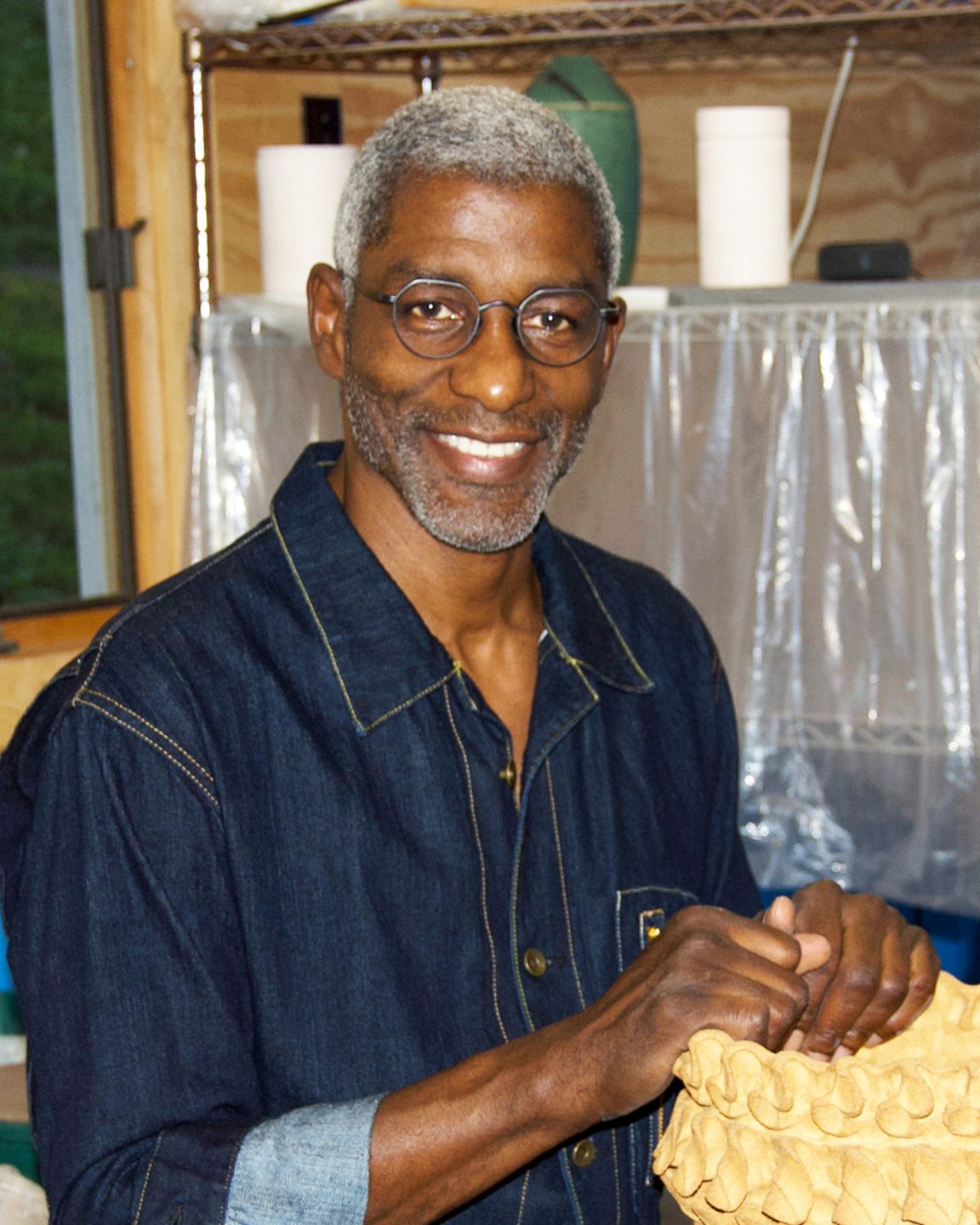
Paul Briggs
Paul Briggs’ signature ideas about art objects as material shapes began as an undergraduate. Primarily a slab-builder, his pinching technique takes inspiration from the idea that “nature makes no aesthetic mistakes.” Briggs earned a PhD from Penn State and an MFA from MassArt. He teaches ceramic art at Alfred University.
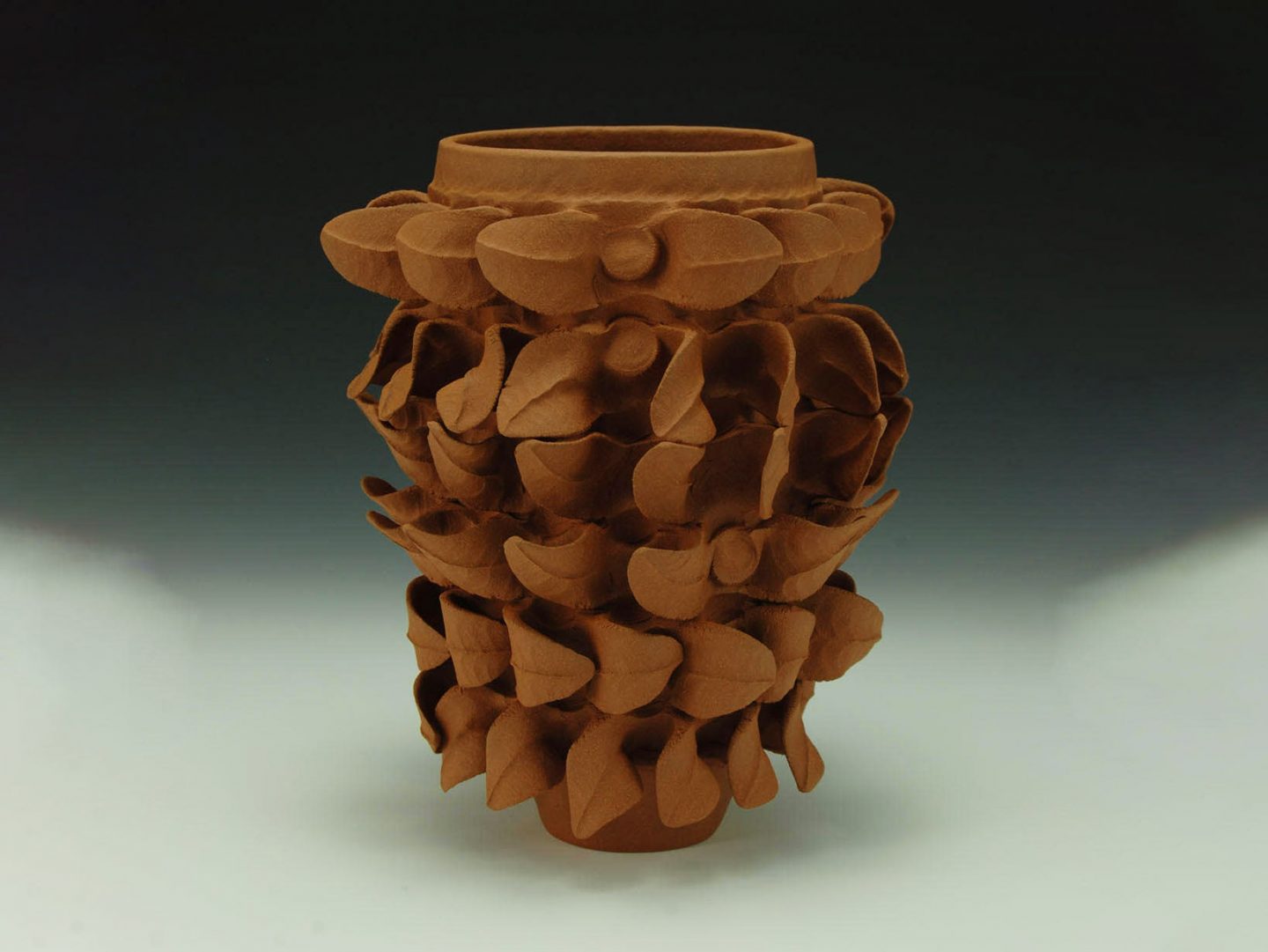
Paul Briggs, Wind Flower
Workshop Details
Workshop Supplies
For general information about studio access, shipping, and more, please visit our info page.
If you have any questions regarding your supplies for your workshop, please contact Joanne Seongweon Lee, [email protected].
Lodging & Meals
Housing is limited and includes shared and private lodging options. Reservations will be managed on a first-come, first-served basis. The earlier you reserve housing, the better your chance of receiving your preferred option. Please note: Workshop costs do not include accommodations.
NEW: Course fees includes a welcome dinner and lunches. In our effort to foster a stronger sense of community and accessibility at Anderson Ranch, we include the welcome dinner and all lunches as part of course fees for summer workshop students. Our hope is that this adjustment will encourage all students to come together to share meals and engage in meaningful conversations. The Ranch Café Meal Plan, which is included with Room and Board fees, strives to provide healthy, creative meals that will nourish your artistic creativity. Learn more.
We have established a Business Safety Plan with added layers of precaution that prioritize the health and safety of our staff, students, faculty and guests while continuing to provide you with the Anderson Ranch experience that you know and enjoy.
Ceramics
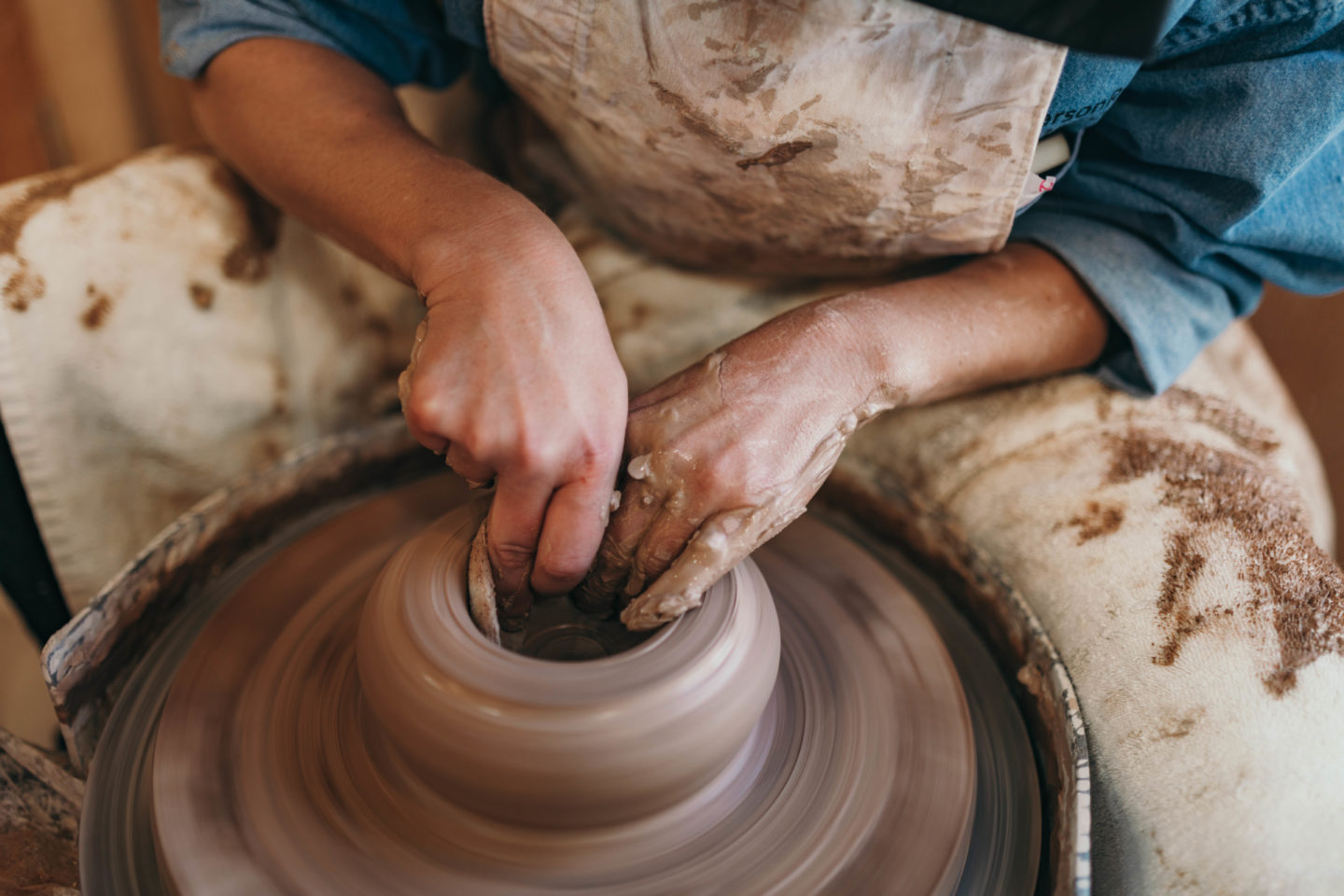
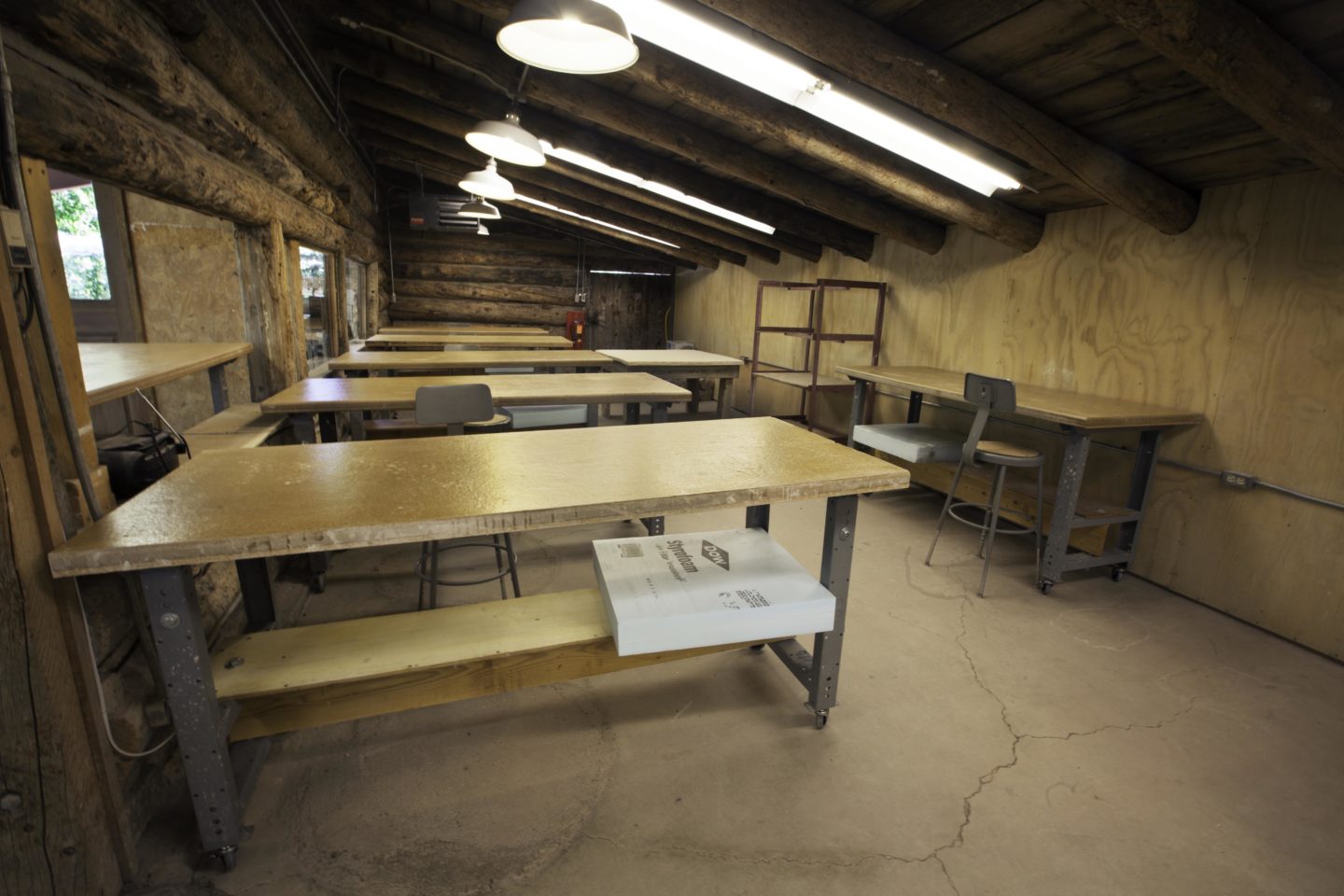
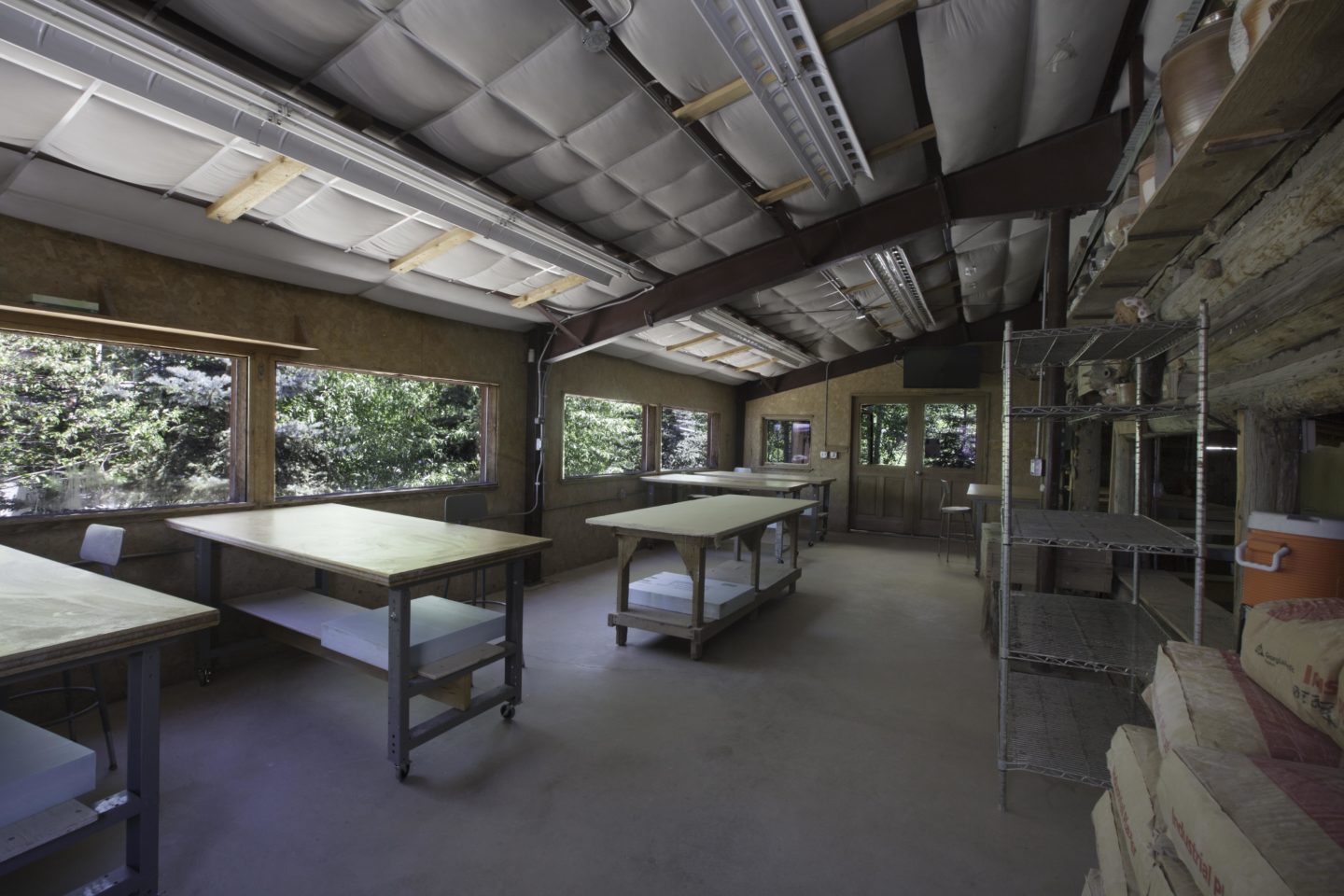

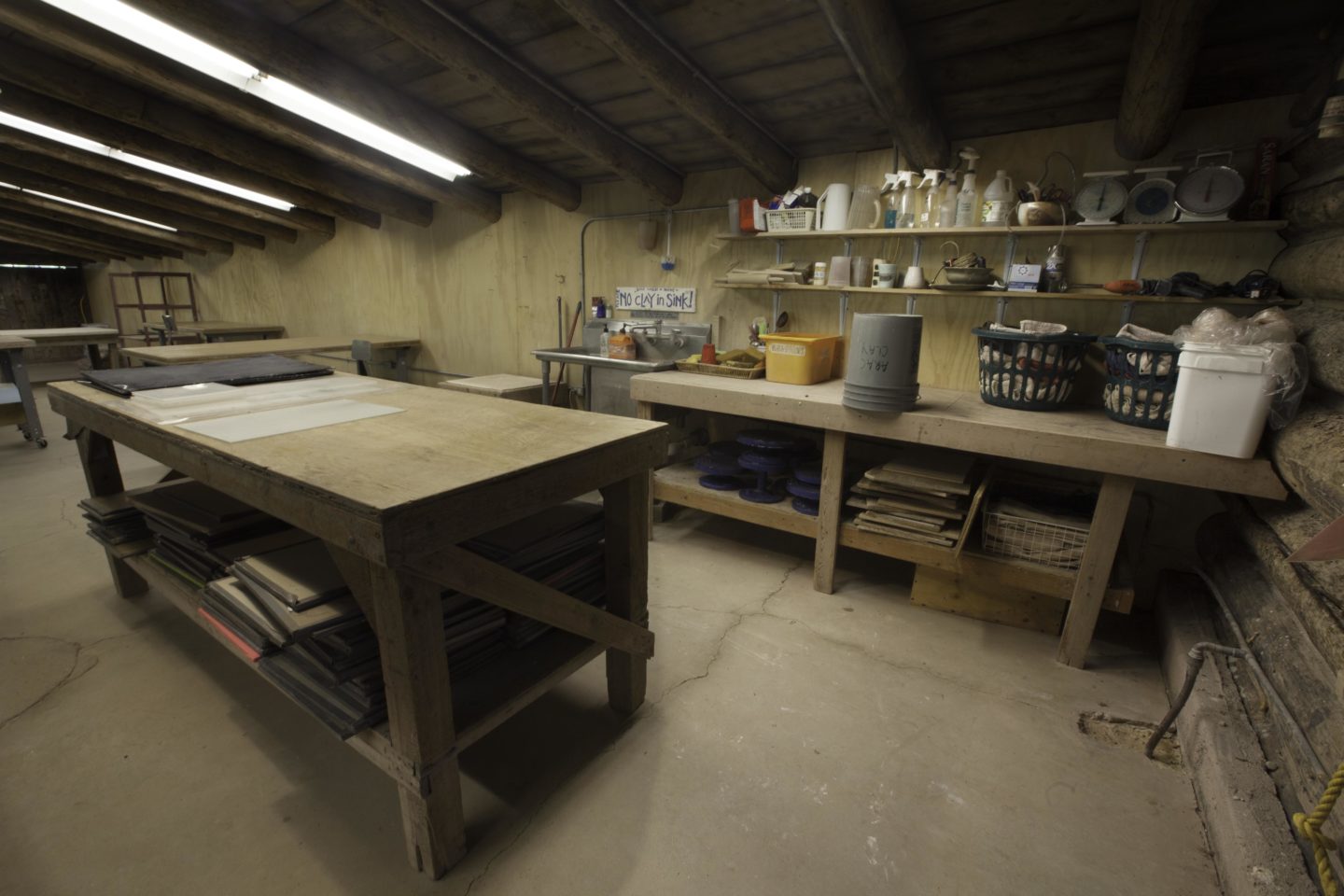
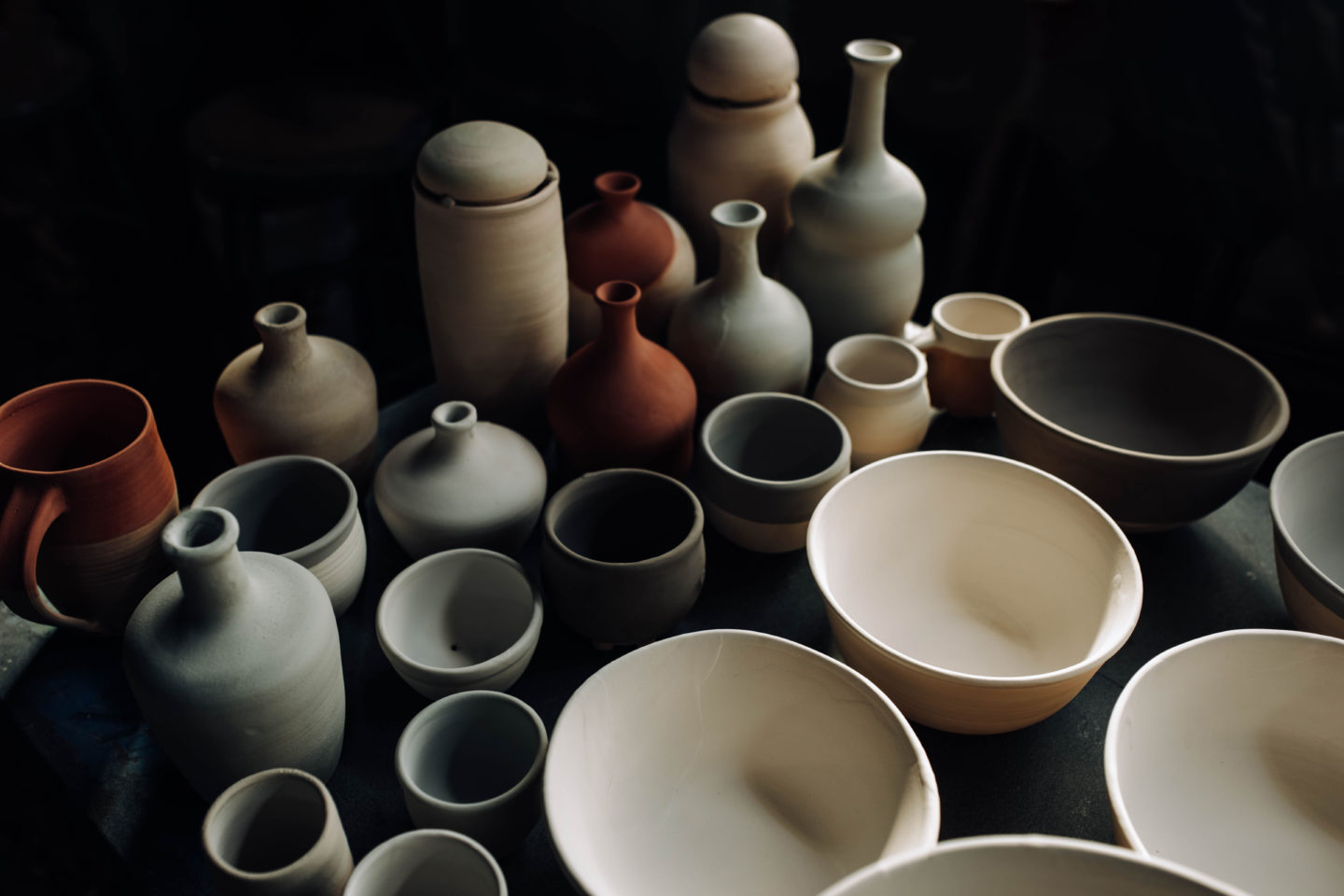

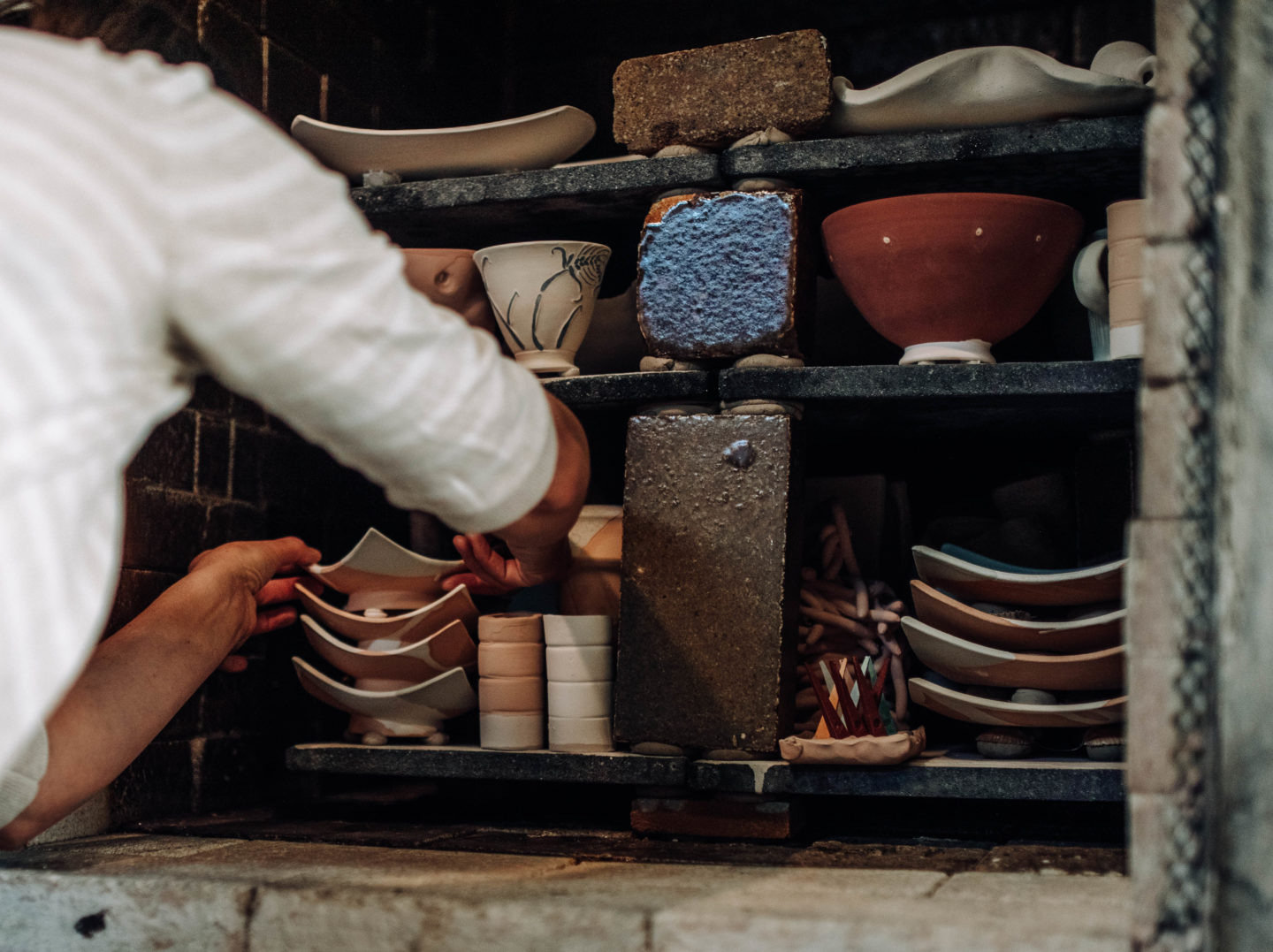
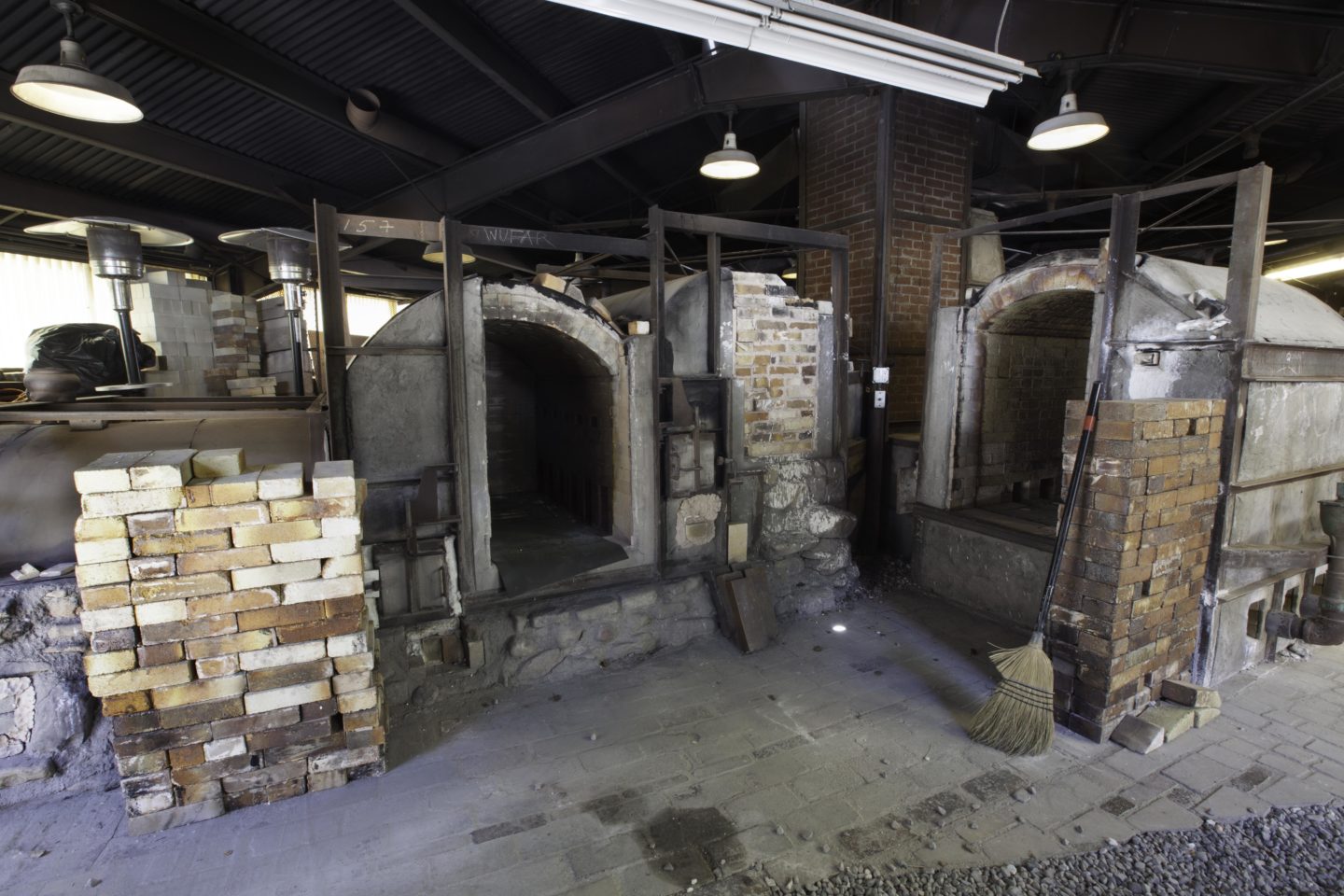
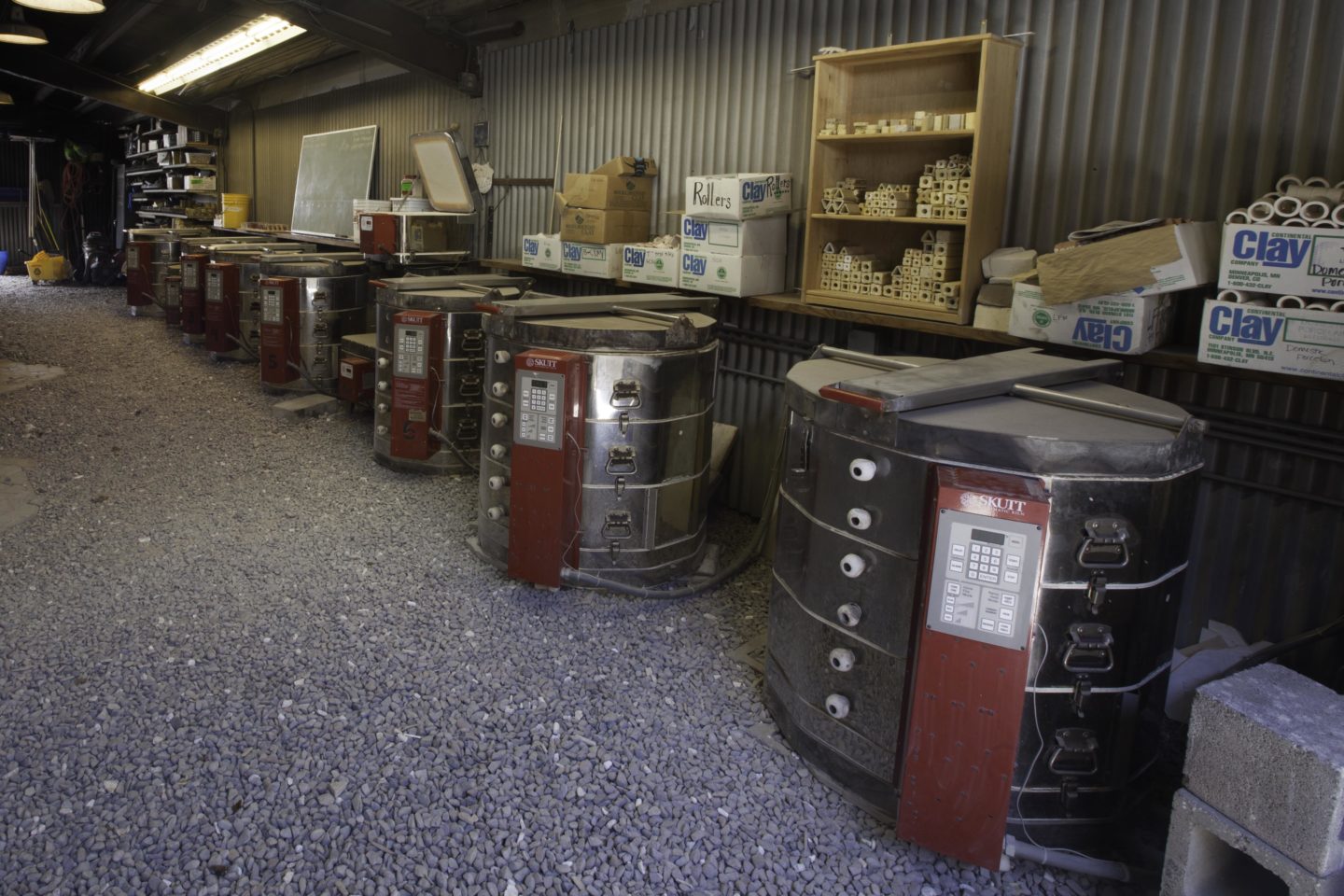
In 1966, American ceramicist Paul Soldner selected the site for what is now Anderson Ranch Arts Center, forming the foundation for a thriving ceramics program. Then and now, Anderson Ranch is a place where students exchange ideas and examine ceramic art and pottery techniques. It has always been a place where seminal moments of growth happen in an artist’s creative and critical thinking. Here, both beginning and emerging artists gain strong fundamental support, while established artists achieve new perspectives and advance their techniques.
The Ranch Ceramics team provides support, feedback and technical problem-solving, giving each artist the freedom to experiment and grow. Our primary focus is on personal advancement through a process of creative discovery.
The Soldner Ceramics Center makes up more than 10,000 square feet in three buildings with 3 studio spaces and 1 kiln yard; Soldner Studio, Long Studio, Sorenson Studio and Lyeth/Lyon Kiln Building. Soldner and Long studios are used for wheel-throwing, hand-building, or general ceramics creativity. Sorenson studio is equipped with five PotterBot 3d clay printers. The Lyeth/Lyon kiln building is equipped with gas, electric, soda and wood kilns for both oxidation and reduction firing at all temperature ranges. The Ranch offers three wood kilns including a gas/wood hybrid kiln, three gas reduction kilns, one soda kiln and eleven high-temperature electric kilns.
Don’t know where to start? View the skill levels for ceramics workshops.
Anderson Ranch Arts Center is a historic, rustic campus that features gravel pathways and uneven terrain that may pose challenges for individuals using wheelchairs or other mobility devices. We strive to provide accommodations to ensure all guests can access and enjoy our programs and facilities. With advance notice, our staff can offer personalized assistance and coordinate access to studios and campus spaces. For questions or to request an accommodation, please contact us at (970) 923-3181 or [email protected].
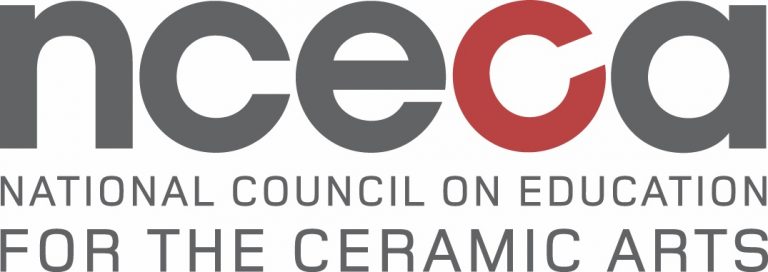
Anderson Ranch is happy to extend a 20% tuition discount for summer one- or two-week adult ceramics workshops for NCECA members at the student membership level or above. Please email [email protected] with your NCECA membership information prior to registering and we will send you a promo code to complete registration with your discount applied. You are also welcome to call 970-924-5089 to register after verifying your membership with us. **Please note, this discount must be approved prior to registering and cannot be applied retroactively. NCECA discount does not apply to Advanced Mentored Studies programs or Destination Workshops, nor can it be combined with any other discount, scholarship or special offer.
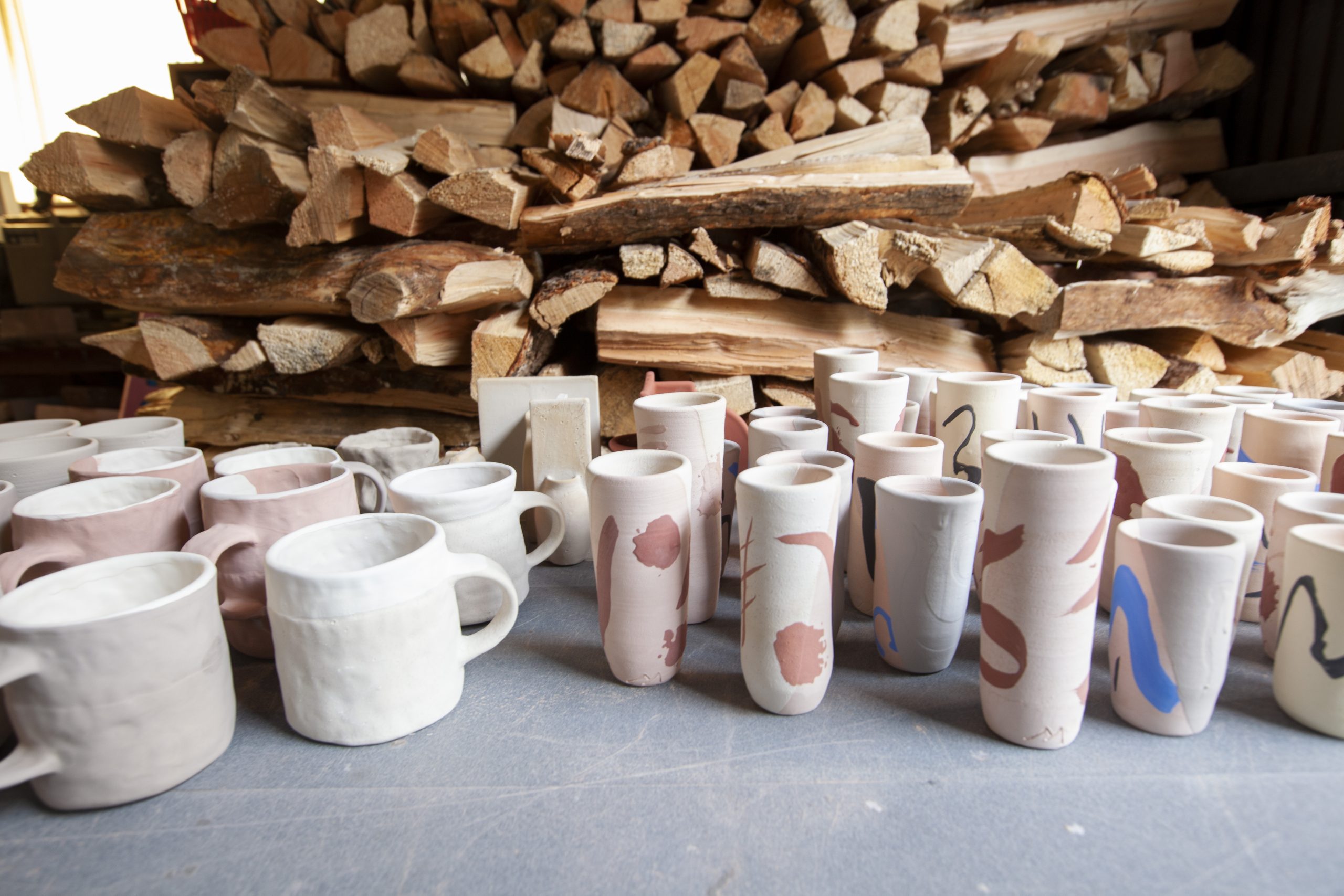
Scholarships, College Credit & Discounts
Making Art Accessible
Applications for scholarship support are encouraged. Specific scholarships are funded by Ranch supporters, either through endowed funds or special gifts.
Many colleges and universities offer college credit for workshops taken at Anderson Ranch. Discounts are available for students and teachers.
You Might Also Be Interested In
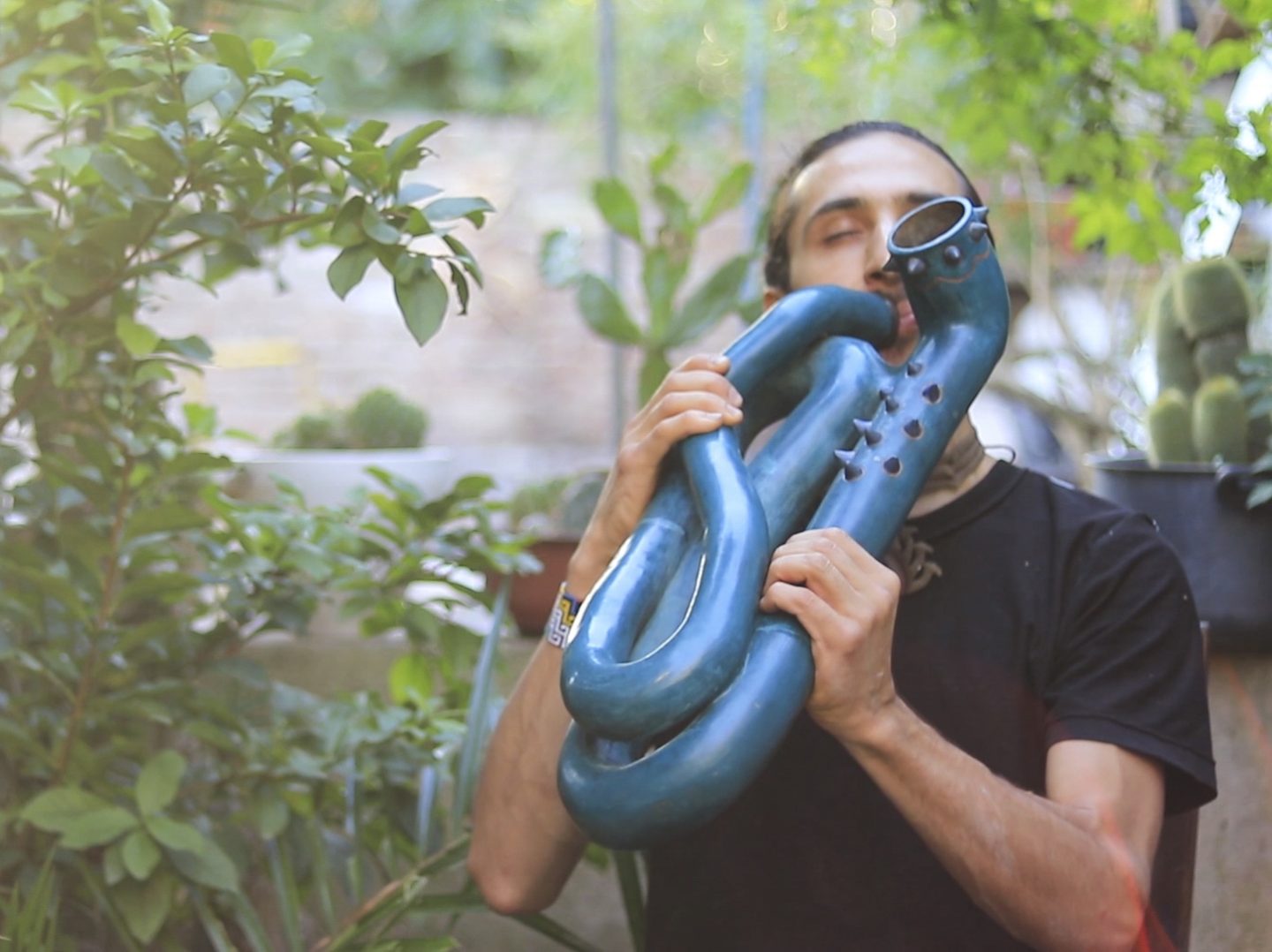
-
O
Open to All
Students of any skill and knowledge level.
-
Virtual Workshop
Virtual Workshop, learn from the comfort of your own home.
Dec 13, 2025
9:00AM MST
1PM ART, December 13th
All Virtual Ceramics Workshops are 2-2.5 hours long
VIRTUAL WORKSHOP
Resonate Form: Designing and Building Ceramic Sound Sculptures
Julieta Bilbao, Martín Gastón Merlos
Tuition $60
Code VFC5004-25
Immerse yourself in the fascinating world of aerophone sounds and ceramic sculpture. This workshop is designed for both beginner and advanced artists to learn techniques for creating works that engage both the ear and the eye. Discover how to generate a variety of sounds through the design and construction of unique ceramic sculptural forms inspired by ancient pre-Hispanic cultures. During the session, we focus on the sculptural modeling of forms and figures. We begin with a globular vessel as the initial module, using the pinch-and-pressure modeling technique. We then delve into the world of aerophones by designing a sound system within our sculptures. Participants learn how the shape and size of the resonating chamber will influence the resulting sound, giving the artwork symbolic and aesthetic meaning. Join us for this unique experience where ceramics and sound merge to create a piece that resonates with your senses and emotions. This workshop meets virtually via Zoom Video Conferencing software (downloadable for free from Zoom.com) and will be conducted in Spanish, with live, real-time English translation included. Review our Virtual Ceramics Workshop Welcome Guide to learn more about the workshop details. *Please note that registration will close on December 12th at 5pm. Only workshop participants will have access to the recording for 60 days.

-
P
Portfolio Review Required
Students have advanced skills and knowledge of the ceramics field. Students are highly motivated, have a minimum of five years experience in the field and have a portfolio of their artwork. Typical students are academics and professional artists.
-
S
Facilitated Studio Practice
Jan 5 - 23, 2026
Monday-Friday, 9AM-5PM
Participants can only register for three weeks
TUITION is $3,765
January Studio Sessions: Ceramics
Joanne Lee
Tuition $3,765
Code ZSC0101-26
Anderson Ranch’s January Studio Sessions provide artists the opportunity to work on independent projects while receiving mentoring and critique sessions with Anderson Ranch artistic staff and interns. Each participant receives an assigned studio space, orientation, and access to equipment, as well as some morning group demonstrations and / or critiques. This program affords artists the experience enjoyed by national and international artists who access our state-of-the-art studios. Participants may expand their practices, take artistic risks, try new media or complete works for exhibition. *Studios are open 24 hours a day and on weekends for students enrolled in multiple weeks, with limited use of equipment due to safety requirements. The machine rooms are only available when monitored – weekdays 9 AM-5 PM. Evening monitoring hours are Mondays - Thursdays, 7 – 9 PM. IMPORTANT DETAILS: Students will be responsible for all material costs associated with their projects. Participants who register for multiple consecutive weeks will gain access to the studios on weekends (with the exception of the machine rooms due to safety constraints.) Private dorm rooms are available at Anderson Ranch for one, two or three weeks for an additional fee; click here to view January 2025 lodging options. TO APPLY: Applicants must submit project proposals or portfolios for approval. Contact Betsy Alwin to apply: [email protected]
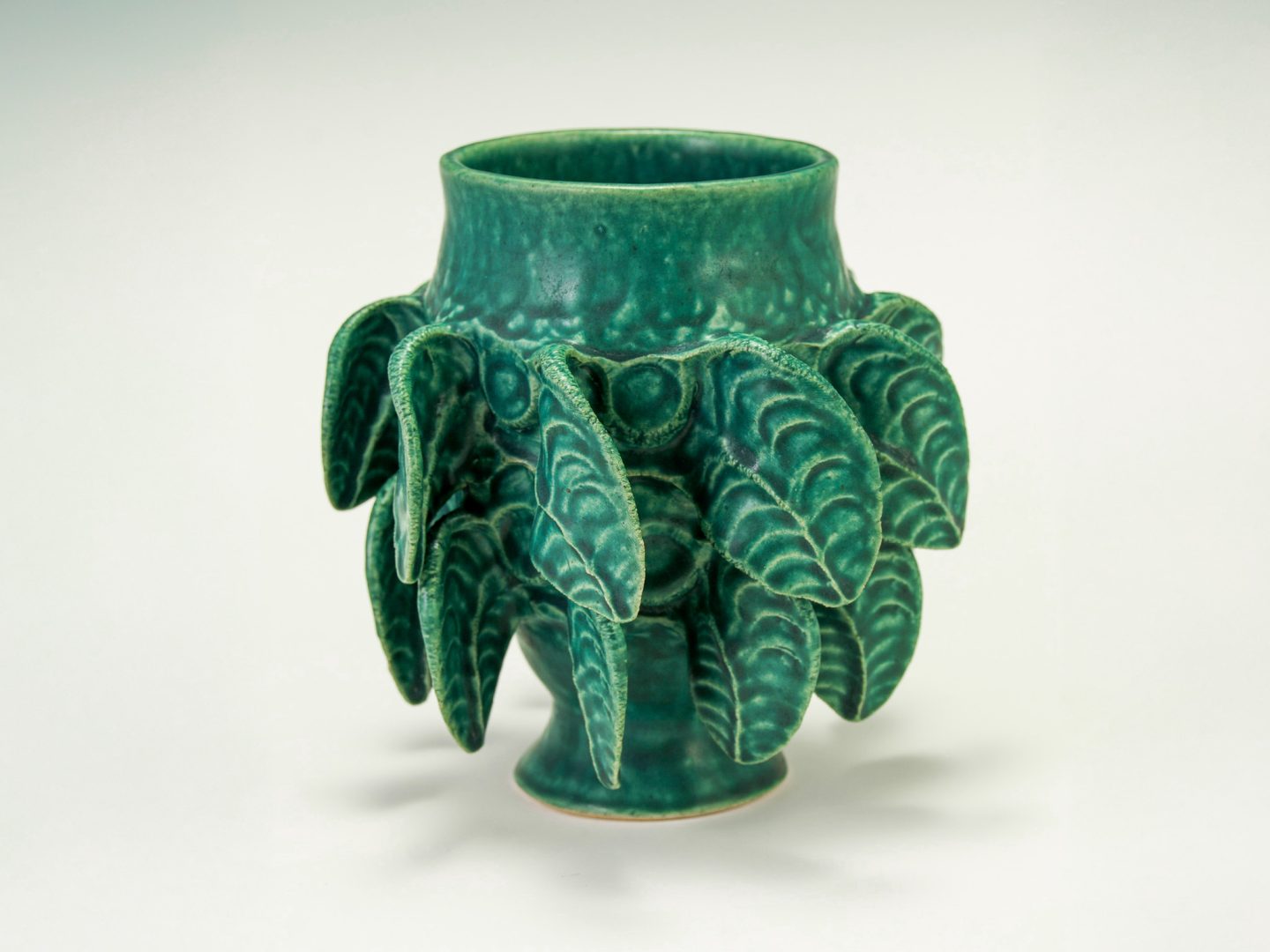
-
I
Level I
Students are new to ceramics and have no formal training.
-
II
Level II
Students have a basic understanding of forming techniques, such as throwing and hand building. Students have taken one or two ceramics classes or workshops.
Jun 1 - 12, 2026
9 AM - 5 PM
Hand Turned Ceramics
Paul Briggs
Tuition $1,795
Code C0101-26
This class teaches unique pinch forming methods that resemble how clay is pulled up on the wheel. Through patience and practice, students learn how to achieve scale and bold form, and move beyond the usual 3" pinch-formed pot to pinch up to 5lbs of clay, growing a pot from one ball without adding or subtracting material. Creating both functional and sculptural objects, we engage in the merging of ideas and form, of merging inside and outside, and of subtle metaphor. Glazing and firing will be mid-range oxidation.


